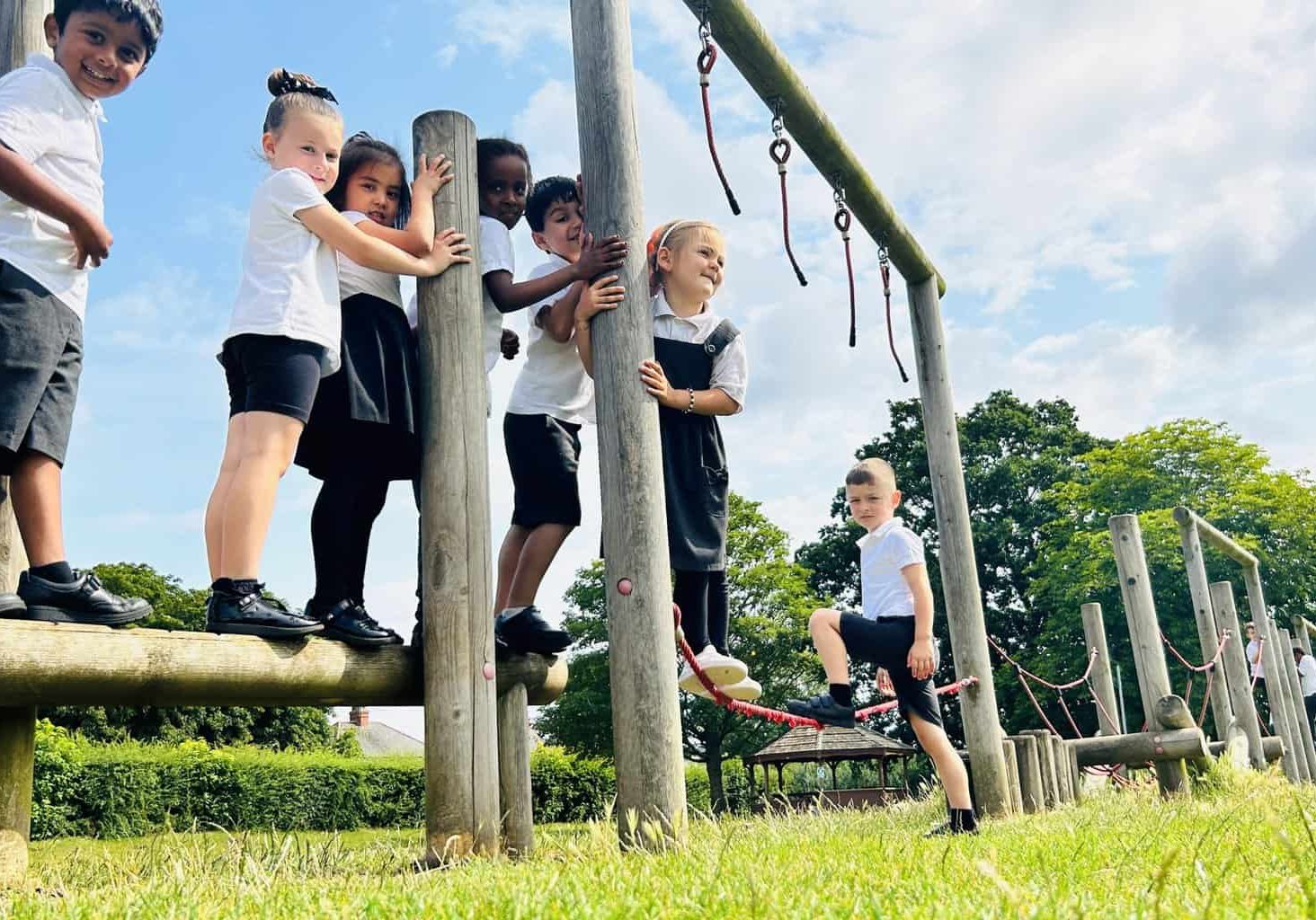




Wellbeing
At Chestnuts, we are committed to supporting the emotional health and well-being of our pupils and staff. We know that everyone experiences life challenges that can make us vulnerable and, at times, anyone may need additional emotional support. We take the view that well-being and positive mental health is everybody’s business and that we all have a role to play.
Our PSHE programme – Jigsaw – provides the children with a range of skills and techniques to support their well-being and mental and emotional health. The children engage in mindfulness and calming activities in PSHE lessons as well as during other times of the day if they are needed.
Each class has a ‘I wish my teacher knew...’ jar. Children are encouraged to write down and add to the jar anything that they would like to share. Children can comment on any issues that they would like to share, including any worries or concerns they may have as well as positives that they would like to celebrate. Teachers regularly check the jar and respond to comments in an appropriate and sensitive way.
Across the school, all children also access The Zones of Regulation programme, which is designed to teach them to identify a range of emotions within themselves and others. Through this, they learn to develop a range of individual strategies that will support to self-regulate when they are “not in the green zone” i.e. when they are not feeling happy, calm and content.
Across the year, we take part in a variety of celebrations and initiatives to promote awareness of mental health and well-being. These include Children’s Mental Health Week, World Mental Health day and Time to Talk day. We also follow the Spread the Happiness calendar. Staff and children are encouraged to join in with, and celebrate, some of the wonderful days suggested (some are official celebration days, and some are made up for fun)!
At Chestnuts we:
- Help children to understand their emotions and feelings.
- Help children feel comfortable sharing any concerns or worries.
- Help children socially to form and maintain relationships
- Promote self-esteem and ensure children know that they count.
- Encourage children to be confident and ‘dare to be different’.
- Help children to develop emotional resilience and to manage setbacks.
